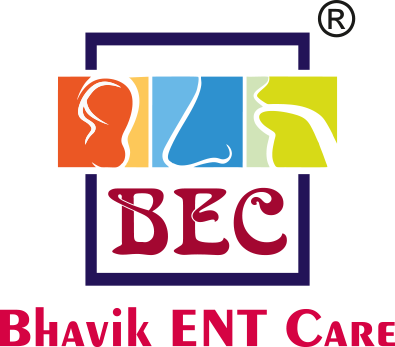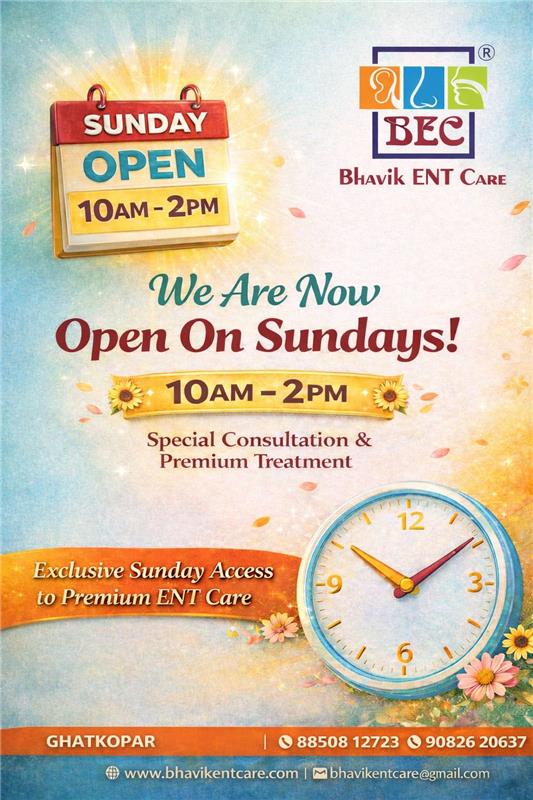Nosebleeds, known in the medical world as epistaxis, are fairly common. Many of us will experience a nosebleed at some point in our lives. While they can be alarming, understanding epistaxis how to stop it quickly is crucial. Basic knowledge of first aid when nose bleeding is important because it can help you remain calm and take effective action at home. This guide will walk you through how to manage nosebleeds and, more importantly, how to prevent them.
Understanding and Managing Epistaxis Effectively
Nosebleeds can be split into two main types: anterior and posterior. Anterior nosebleeds are more common and originate from the front of the nose. Posterior nosebleeds, although less frequent, come from the back of the nose and may require medical attention.
Several factors lead to nosebleeds: – Dry air: dries out the nasal membranes and makes them more vulnerable to bleeding. – Nasal injury: accidents or rough nose picking can injure the blood vessels, causing a bleed. – Medications: blood thinners or medications affecting blood clotting can increase the risk.
When experiencing a nosebleed, knowing the fast way to stop nose bleed can be lifesaving. Follow these steps: 1. Lean Forward: Sit up and tilt your head slightly forward. This position prevents swallowing blood. 2. Pinch the Nose: Pinch the soft part of your nose, not the bridge, for about 5-10 minutes. 3. Apply a Cold Compress: Place a cold pack on the bridge of your nose to constrict blood vessels and slow bleeding.
Let’s debunk some myths. You’ve probably heard that tilting your head back helps. It doesn’t. The best way is to lean forward to avoid choking or stomach upset from swallowed blood.
When it comes to emergency nosebleed treatment, knowing when to get help is vital. If the bleeding continues after 20 minutes, or if the nosebleed is due to an injury or when it occurs often, seek medical advice. First aid management for nose bleeding can make all the difference in those first few moments.
Prevention Strategies to Minimize Nosebleeds
To reduce the frequency of nosebleeds, here are some effective strategies:
- Stay Hydrated: Drinking plenty of water keeps your body and nasal tissues healthy.
- Maintain Nasal Humidity: Use a humidifier in dry climates or season changes to keep nasal passages moist.
Lifestyle changes can also aid in nose bleed prevention: – Avoid Dry Environments: Step out of overly heated rooms when possible. – Quit Smoking: Smoking can dry out and irritate nasal passages. – Use Saline Sprays: These sprays keep the inside of your nose moist.
Tending to health issues that increase epistaxis risk factors is crucial. If you suffer from issues that involve frequent bleeding, consult your doctor for specific advice.
In India, seasonal changes such as dry winters can affect nasal health significantly. Taking protective measures during this time, like increasing humidity indoors, can be highly beneficial.
Living Well with a Nosebleeds-Free Lifestyle
Living without frequent nosebleeds is about making simple yet effective lifestyle changes: – Avoid Triggers: Don’t pick your nose and steer clear of allergens. – Use Humidifiers: Especially in dry climates or when heating indoor spaces.
Regularly hydrate and ensure your diet is rich in vitamins that promote healthy blood vessels and skin. Some medical conditions can cause frequent nosebleeds, so it’s essential to maintain health check-ups.
In conclusion, remember these preventive tips and, if needed, make professional consultations a part of managing nasal health. Knowing epistaxis prevention methods and techniques is empowering, keeping you ahead in managing this common health issue effectively.
Epistaxis, commonly known as a nosebleed, occurs when blood vessels in the nasal passages break, leading to bleeding. While occasional nosebleeds are often harmless, frequent or severe epistaxis can be a sign of underlying issues such as nasal dryness, allergies, infections, or more serious conditions like clotting disorders. It’s important to seek medical attention if nosebleeds are recurrent or if they are accompanied by other symptoms.
Bhavik ENT Care specializes in diagnosing and treating the causes of epistaxis, offering effective solutions to manage and prevent future occurrences.
Don’t wait—consult Bhavik ENT Care today for expert care and treatment tailored to your needs.


